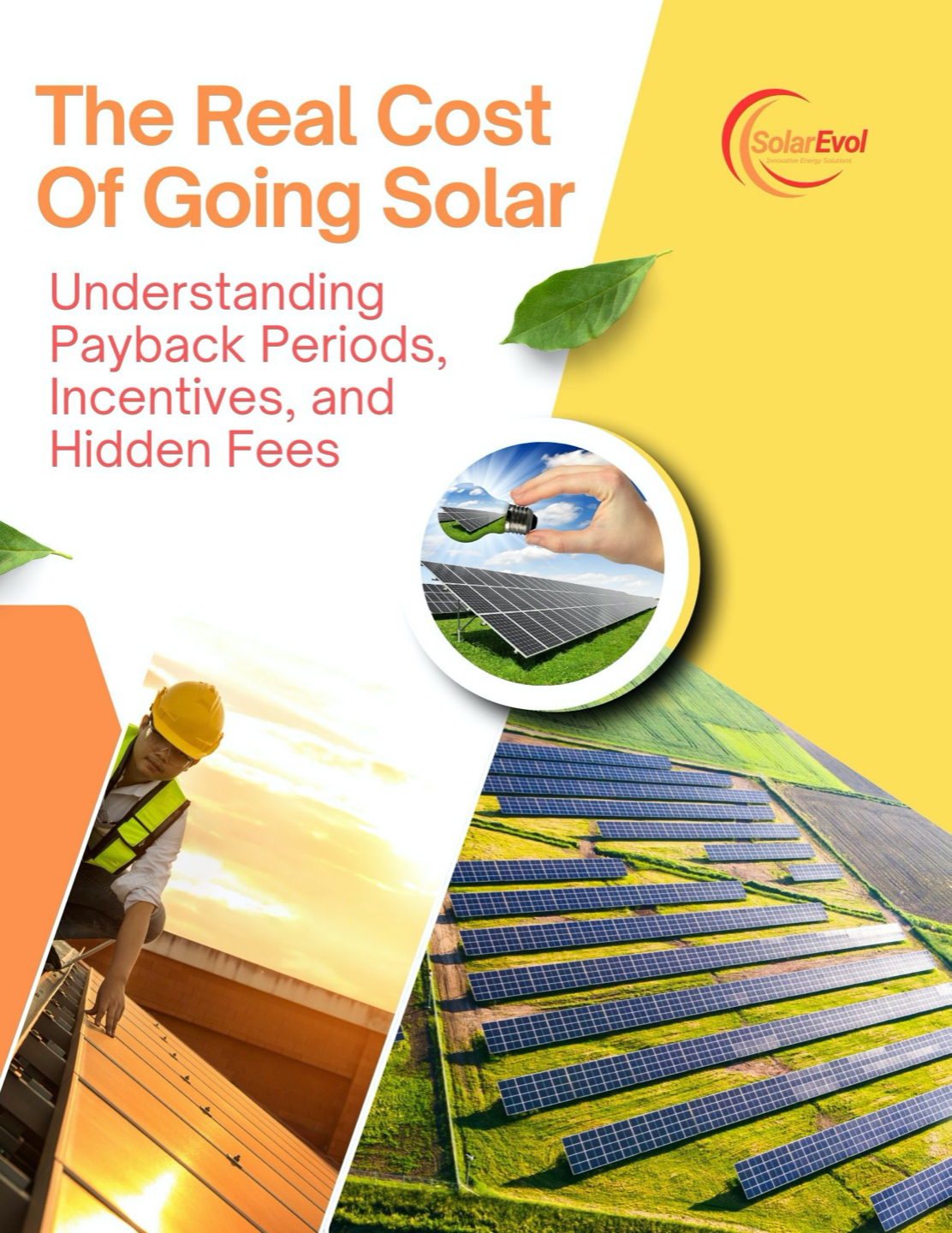
Why You Shouldn’t Wait for ‘Better’ Tech
Apr 27, 2025
They say the best time to plant a tree was twenty years ago.
The second best time? Now.
That proverb echoed in Amaka’s mind as she stood barefoot on the red earth outside her home in Enugu, Nigeria, shading her eyes from the midday sun. The roof of her family compound shimmered with heat. Inside, the hum of the generator sputtered, then died again. Fuel was running low. Power, as always, was unpredictable.
She had talked about going solar for years.
First, it was just a thought—maybe panels could ease the strain of blackouts. Then it became a plan—after seeing neighbors with mini-grids keep their fridges running while the rest of the block sat in darkness. But every time Amaka got close to making the switch, she hesitated.
“Let’s wait,” she told her brother once. “The technology’s getting better. We’ll get more efficient panels. We’ll do it right—later.”
Later turned into two more years of outages, rising fuel prices, and missed opportunities. The “better tech” she was waiting for? It never came in the way she imagined. What came instead was clarity—and a wake-up call.
🧠 The Illusion of the Perfect Moment
Amaka, like many thoughtful decision-makers, believed waiting was the smart choice. After all, headlines constantly celebrate solar innovations—higher efficiency panels, better batteries, microinverters, AI-enabled grids. It’s easy to feel like if you wait just a little longer, the technology will finally be “good enough” to justify the investment.
But the solar industry doesn’t evolve in leaps and bounds—it evolves in incremental steps. The “next big thing” often adds a few extra watts of efficiency, not a revolutionary shift. Meanwhile, the price of waiting can quietly pile up:
- Another blackout ruins a week’s worth of food in the fridge.
- The cost of diesel goes up—again.
- The inverter you were planning to pair with your system becomes outdated.
- Funding programs or community energy cooperatives close or change requirements.
While Amaka waited for ideal conditions, her energy insecurity deepened. She started tracking how often the power cut out—43 hours in a single week. She realized her daily life had become a dance around the whims of the national grid.
That’s when it clicked: the problem wasn’t the technology—it was the delay.
🔍 Making the Shift: From Hesitation to Empowerment
It wasn’t a fancy solar ad or a pitch that finally moved her. It was watching a friend—Ngozi, a pharmacist across town—install a modest 1.5kW system with battery backup. Ngozi didn’t wait for the "perfect" system. She acted based on what she needed and what she could access now.
Her fridge stayed on. Her business didn’t close early. Her phone stayed charged. And most importantly—she had peace of mind.
Amaka sat down that night and ran her own numbers, not just costs but daily losses. She calculated the hours spent without electricity. The extra money she spent on fuel, spoiled goods, internet disruptions, stress. All invisible costs.
And suddenly, it was obvious: waiting was far more expensive than starting.
🔋 The Truth About Technology and Timing
Here’s what Amaka realized—something many across the world, from Lagos to Los Angeles, are learning:
- Solar works best when it’s aligned with your needs, not the news cycle.
- The “perfect tech” mindset ignores local realities—weather, energy patterns, grid reliability, funding cycles.
- Systems can always be scaled or upgraded. But lost time, lost power, and lost savings? You don’t get those back.
By the time Amaka installed her starter system—two panels, one battery, and an inverter—she wasn’t chasing cutting-edge anymore. She was chasing reliability, control, and a future she could build on. And that system became the foundation of something much larger.
She later expanded to power her sewing machines, added a fan for her grandmother’s room, and even let a neighbor charge phones during outages. She wasn’t just consuming energy. She was generating stability.
🌍 Takeaway: Start Small, Start Smart—But Start
This story isn’t just about solar.
It’s about the myth that waiting makes things better. It often doesn’t. Especially in energy.
Whether you're in Nigeria, New York, or Nairobi, here’s the truth:
The solar tech we have now is already powerful, adaptable, and reliable. The question isn’t “when will the tech be ready?”—it’s “when will you be?”
“Every day I waited,” Amaka says now, “I paid for energy I didn’t get. But the moment I started? I paid myself back.”
You don’t need the biggest system.
You don’t need the latest gadget.
You just need to move—from waiting to working.
Because the best energy solution?
Is the one you actually install.
Stay connected with news and updates!
Join our mailing list to receive the latest news and updates from our team.
Don't worry, your information will not be shared.
We hate SPAM. We will never sell your information, for any reason.










